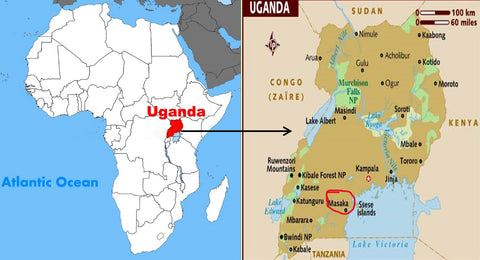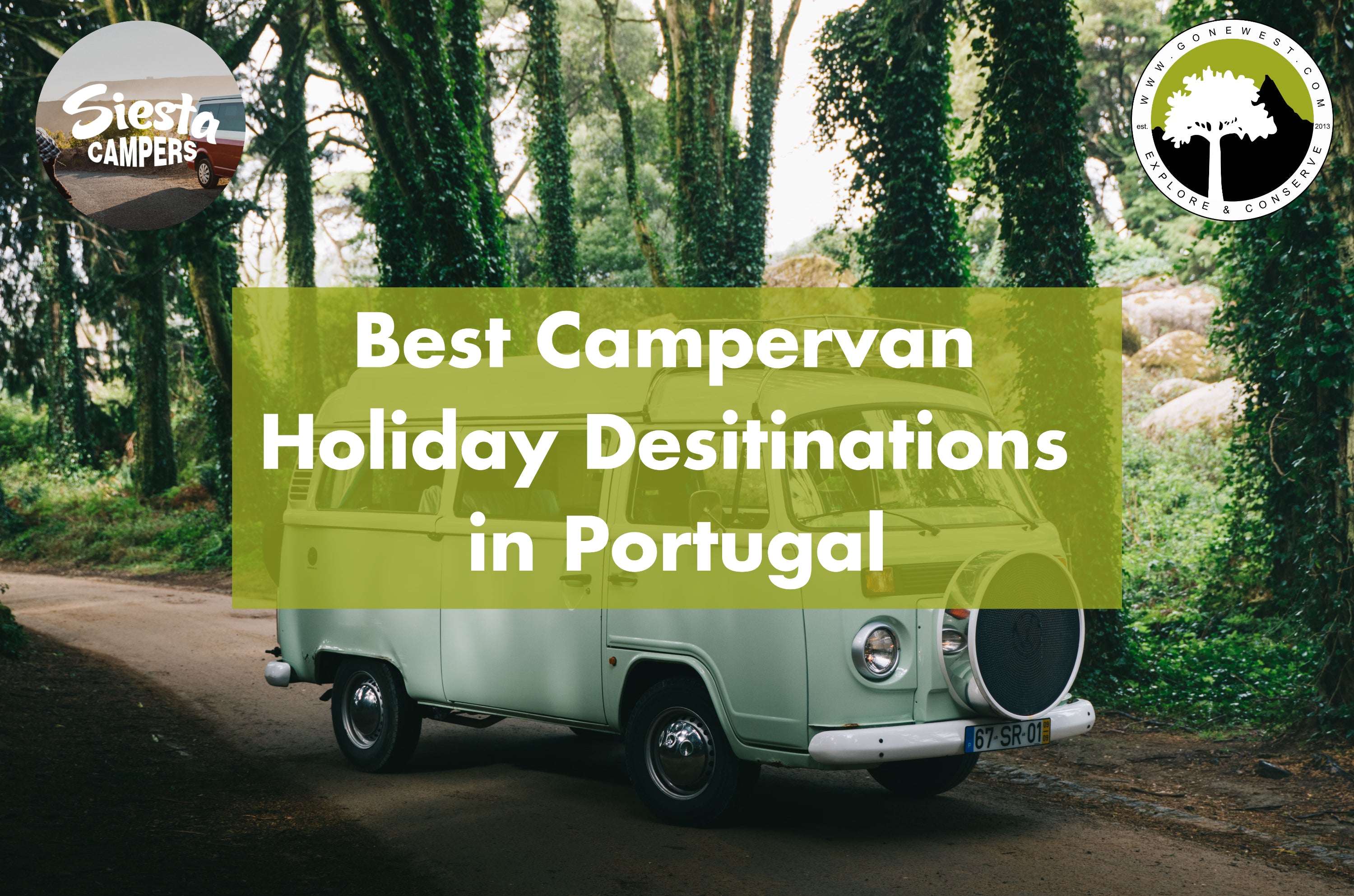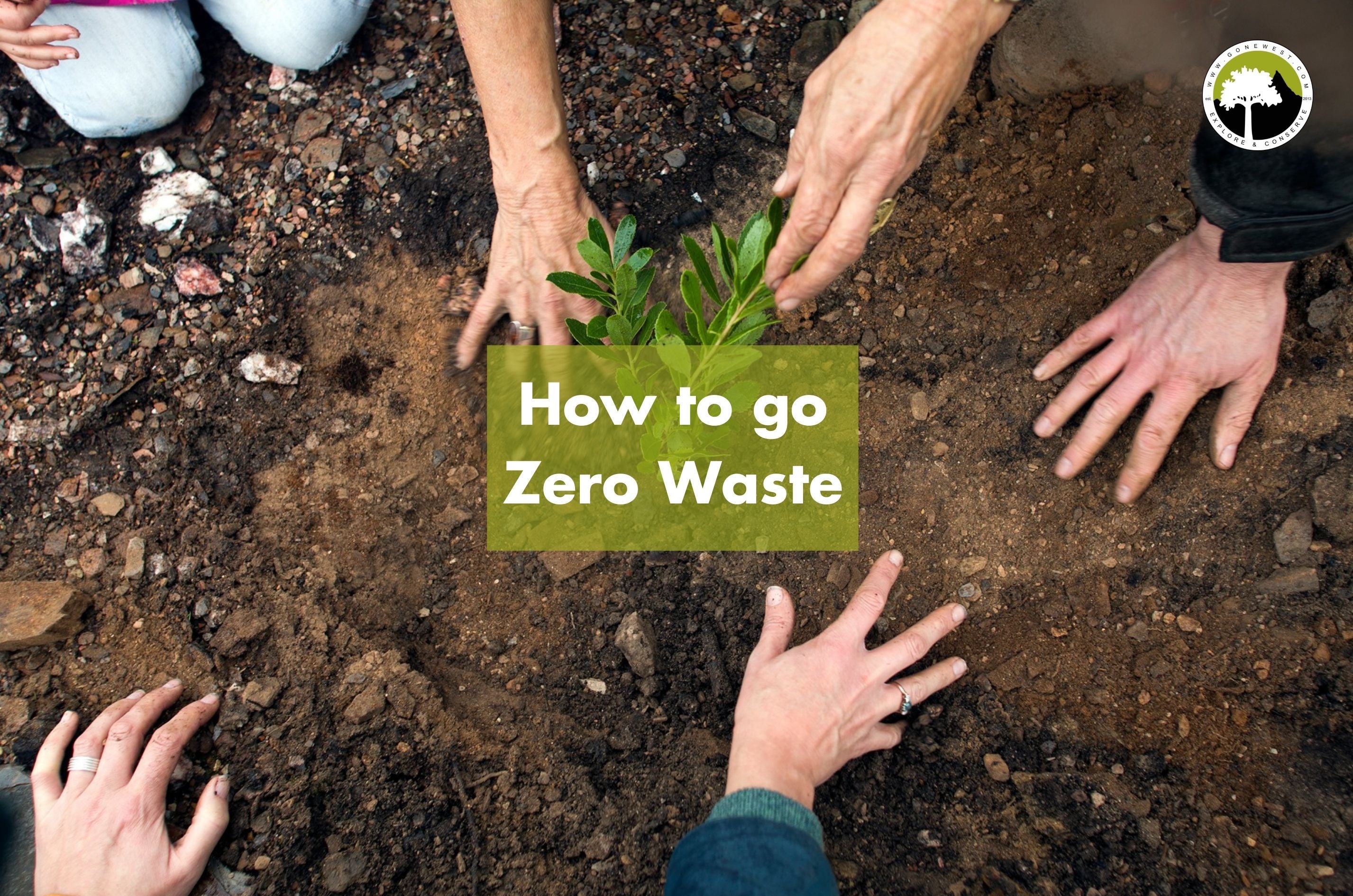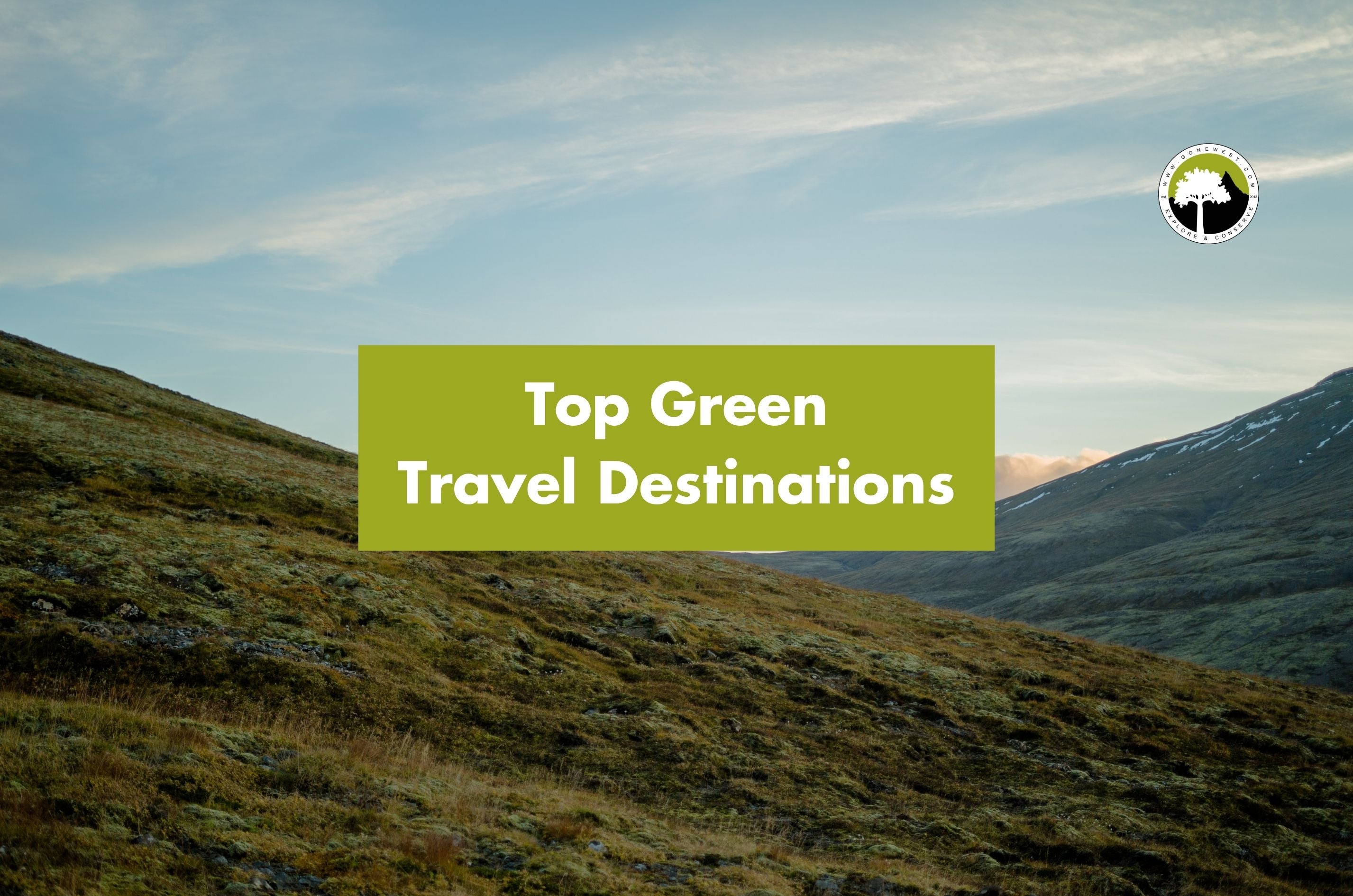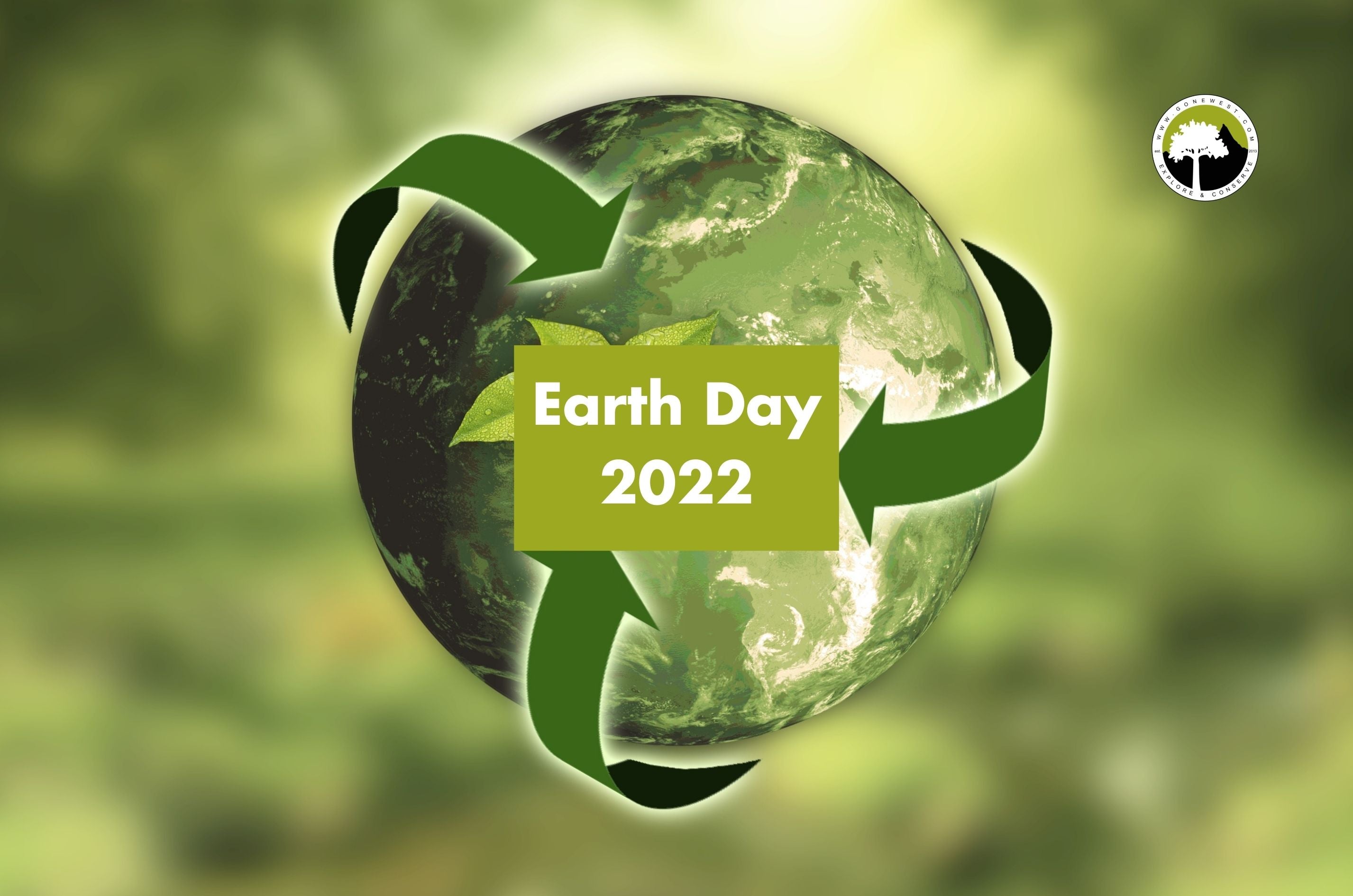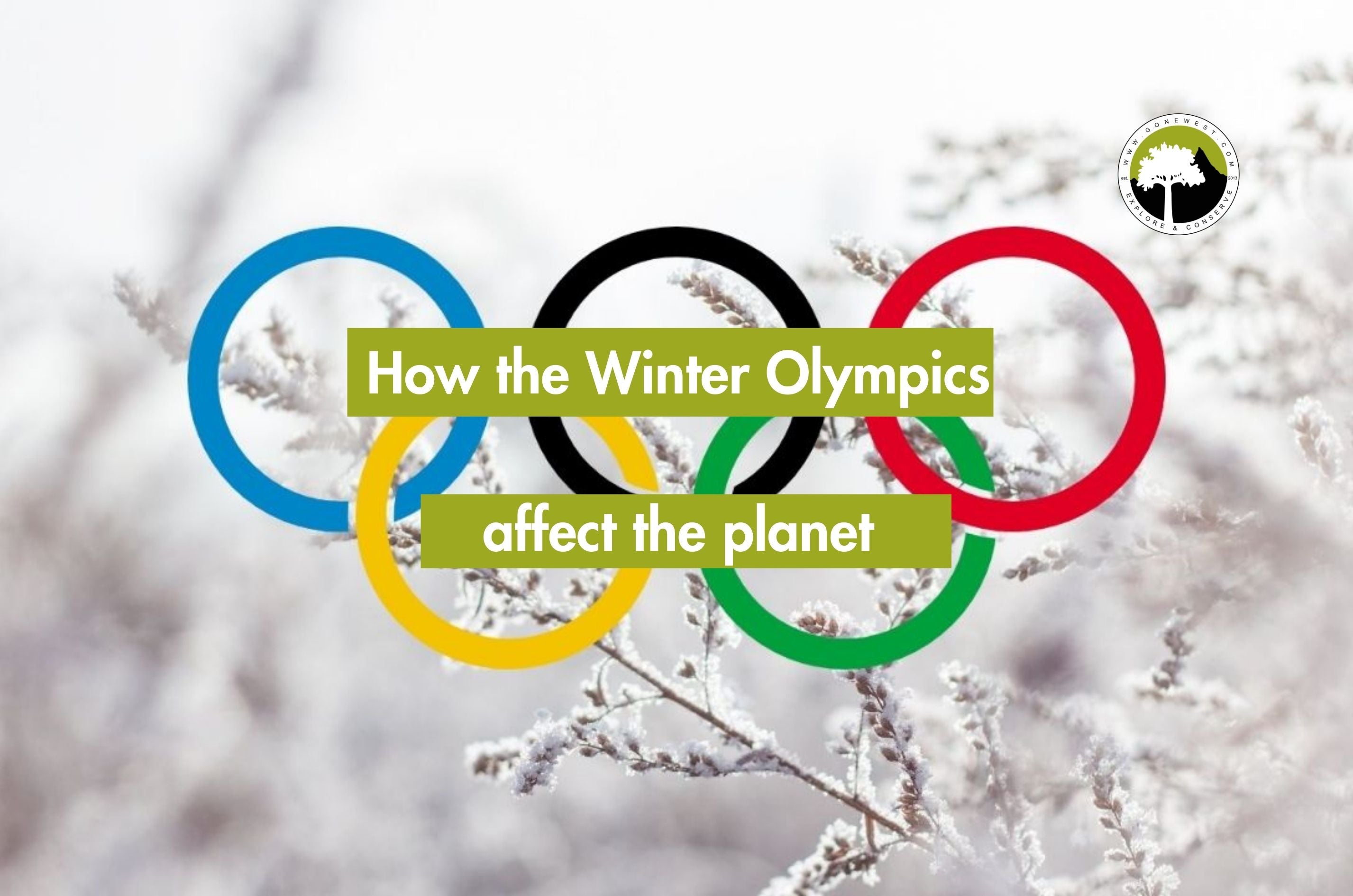We take a quick trip to Uganda, a country that very little is known about, probably some have never even known of its existence, so a brief introduction would be fair enough.
Uganda is a small, landlocked country in the Eastern Part of Africa. Also referred to as ‘The Pearl of Africa.’ If I can bring back into your memories, one of the world’s worst dictators known in the history of rulers, Dr. Iddi Amin Dada ‘Butcher of Uganda’, is a former President of this Country. It’s a country popular for her exquisite natural recipes. Her staple food is Plantain, a type of cooked banana, otherwise also referred to as ‘Matoke’. So, referring to Uganda as ‘Matoke land’ is absolutely acceptable. Furthermore, Uganda is well known for its rich cultural and spiritual enactment.
Well, enough about that, back to our trip. Our trip is headed to Masaka town, located in Masaka District and about 80 miles from Kampala, the capital city. This should take us 1 hour and 30 minutes but due to the states of the roads, the reality will be twice that time.
This seems to be quite a long journey, but the beauty of what nature displays outside the car window is so soothing both to the eyes, the soul and the mind that makes you crave for more of these sights. The natural vegetation complimenting the landscape, with constant, random interruptions by the banana plantations is just breath-taking. The breath of fresh air can literally be felt. The wildlife here by no doubt possess the bragging rights of peace with little human invasion.
Masaka town, with its dusty streets, is one of those village towns that are slowly transforming into an urban center. It is more peaceful compared to the sprawling chaos of Kampala. The Central market is filled with ramshackle wooden stalls capped with corrugated sheet metal roofs. Getting deeper into the market we realize an entire sector dedicated to ritualistic needs. The strong aroma of cedar fills the air, of course, it’s easy to tell where it’s coming from. A quick stare and we see a pile of bark cloth stacked from the floor-to-ceiling. Other stacked variety treated with dye lays a few inches away. This basically was the purpose of the trip.
We decide to walk to one of what looks like the best display of the barkcloth and after a few minutes of conversation with the seller, he agrees to sell to us 20 rolls of bark cloth. Even though this offer seems good to the seller, the knowledge of us not being Ugandans back in his mind wouldn’t hide the curiosity drawn on his face. He opens up and gives us a brief history of the barkcloth.
Since ancient times the Baganda, the largest tribe in Uganda, has been making a venerated fabric by pounding the inner bark of the Mutuba tree (Ficus Natalensis). This transforms into a stunning cognac-brown material held in such high spiritual regard that seven sheets of it are wrapped around a deceased Baganda’s body before burial. They believe that these sheets transport the deceased into the land of the ancestor. The barkcloth is worn by Baganda witches and spiritual mediums, considering it as a magnet of ghosts. Its association with life after death has a long time been regarded as a taboo for anyone to put on the barkcloth. Hitherto, there’s still a little association with the spiritual world but this keeps on eroding day by day. People are becoming more open-minded and different people around the world are assessing its future in the fashion world, especially in the wake of sustainability.
Our trip ends by bidding goodbye to our seller as we drive back towards Kampala. The trip back seems a little bit shorter this time around with nature’s display almost becoming invisible this time around as my mind is pre-occupied with a thousand thoughts revolving around the barkcloth and its sustainability. Isn’t it so amazing to realize that trees can dress us! The tree is given time to recover by being given the right conditions for bark regeneration. An environmentally friendly way of dressing.
By: Kelvin Jimmy Awori
Stay in the loop

